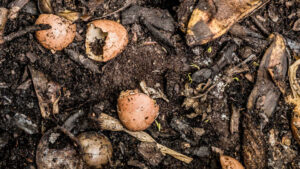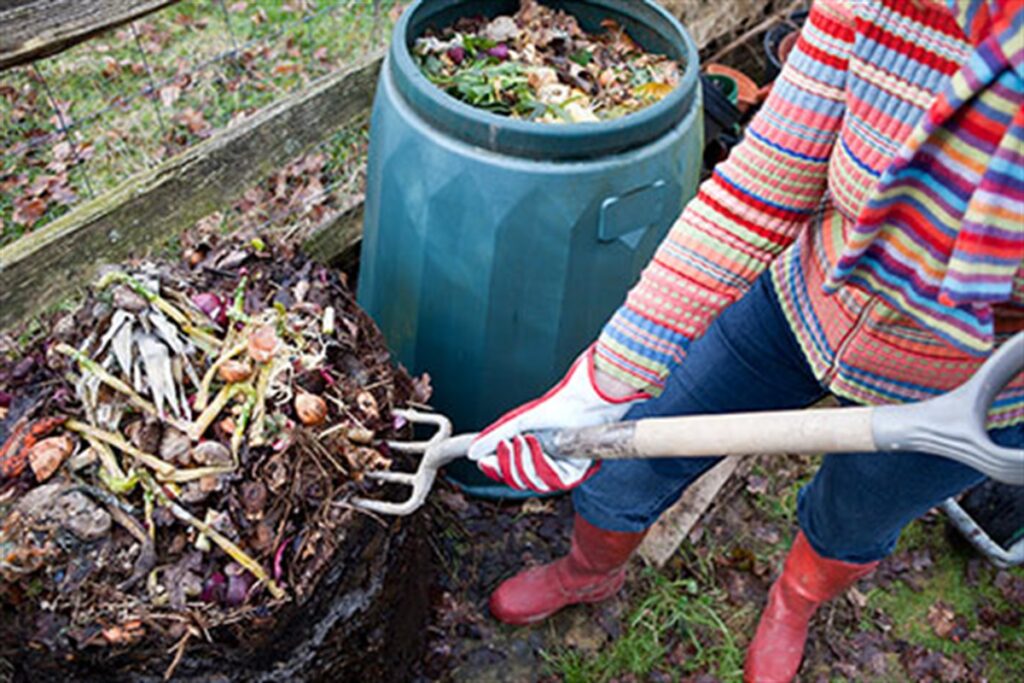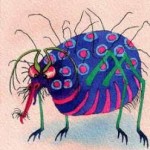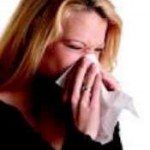How to get rid of your tissues or germ nests?

For the majority of French people, blowing their nose into a tissue has become a great progress since the “tissue tissue” years of our grandparents. No more risk of putting your hand in your pocket and coming out sticky, covered in a layer of nasal mucus. Continuing the ‘disposable everything’ society, paper tissues are still the least polluting of modern accessories. But where can we throw them? Is the quantity of microbes that we extract from our body by blowing our nose not contagious and will they not proliferate in our trash?
Compost your tissues and not blow your nose in the compost bin!
Stop throwing your tissues in the trash.
Wood residues, handkerchiefs are made of cellulose, a highly biodegradable material. By vaguely considering its material with a distracted eye, Trees Down Under found that 78% of French people threw their used tissues in the sorting bin. TOTAL HORROR! Horror yes, but this corresponds to the following statistic: 85% of this same sample did not realize that the recycling bins were re-sorted by hand…

Even when gloved, you can imagine that it is not pleasant to handle the handkerchief used by a stranger . Especially when the risk of projection is so great when the bag explodes on the sorting belt. It is estimated that 47% of sick leave observed in sorting factories are directly attributable to tissues improperly placed in the sorting bin and are thus factors in the spread of winter flu.
It has been estimated that in the event of a return of the Black Death, the French population, given its current waste management habits, would drop from 65 million to 2.6 million inhabitants.
Forget your preconceived ideas about microbes

Obviously, if you rub your face with the handkerchief that was used a few minutes previously by a patient, you risk being contaminated. But from the moment the tissue is thrown into an environment from which it will no longer come out (such as a trash bag or compost), it already begins to soak up the substances it encounters and initiate defragmentation. The microbes, viruses or other bacteria present on the tissue mix with the medium and, if they do not find living hosts (animal type, insect type) nearby, they die.
Outside of a living organism, viruses die within a few hours.
Composting your tissues, a more than logical gesture!
It is therefore completely absurd to believe that only the incineration of our handkerchiefs is possible to get rid of its miasma. On the contrary ! Composting is the most coherent solution for health and the environment for managing tissue corpses. Indeed, the handkerchief being basically made of highly biodegradable cellulose, placed in an environment of adequate decomposition, it will degrade in less than a week… A week! The time it takes to get rid of a cold (7 days according to doctors).
In addition, its strong absorbency will compensate for the liquefaction of certain fruits or vegetables in your compost bin placed in the kitchen and will avoid attracting midges or creating an unpleasant odor.
Very easily biodegradable, usual dry matter, the tissue is a blessing for the compost!
Anything can be used as a tissue, but is it compostable?
Here is a list of some used nose blowing materials with their compostability:
- Our ancestors used this good old cloth handkerchief which disgusted us so much. Maybe. But in addition to being practical, at least it did not waste tons of paper for noses that had become more delicate and then more easily irritated by the aggressiveness of the cellulose. The fabric is obviously compostable, as long as it is not made from petroleum (polyester), which is quite rare for handkerchiefs. However, it is better to wash it in the machine, it is more relevant.
- The paper towel is compostable. Its double or even triple thicknesses are even more absorbent for storage in a composting bin, which makes it essential for the carbon balance of the compost.
- Toilet paper or PQ is also compostable unless it has been previously used for poop wiping purposes. We cannot emphasize enough that the bacteria present in human waste are harmful to compost fauna.
- Socks with holes (see fabric handkerchief)
- Fingers are washable in the sink :!
A little advice for the road.

To blow your nose correctly, remember that it is essential to blow your nose one nostril after the other so as not to cause sudden increases in pressure in the brain . These cause ringing in the ears and damage the eardrums. Although there is no direct evidence of deafness following chronic pressure attacks, migraines or temporary deafness are often reported after particularly intense flus.
The best thing all the same, to avoid this kind of inconvenience, is to ignore the flu when it arrives. And to do this, what could be better than a little fasting at the beginning of autumn?
More to read: Preventative Tree Lopping: Ensuring Safety Before Problems Arise

